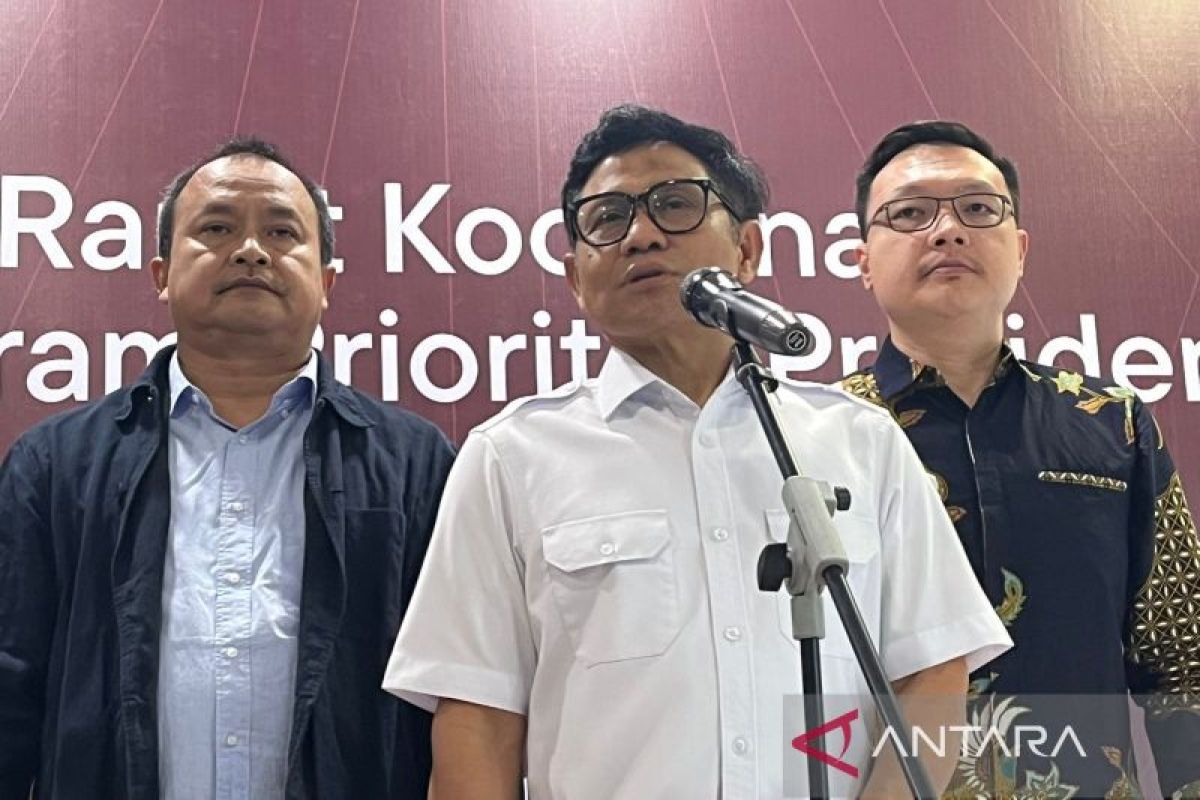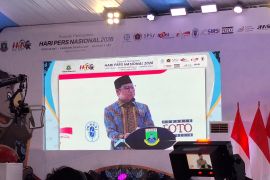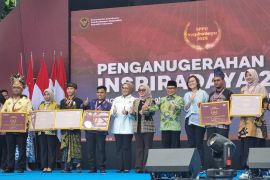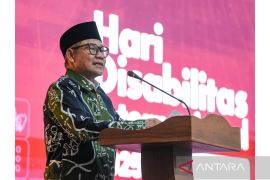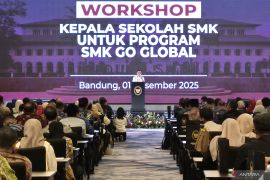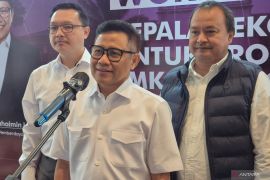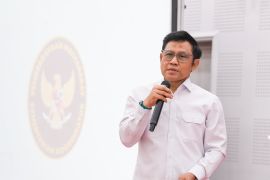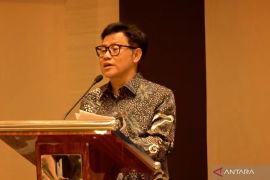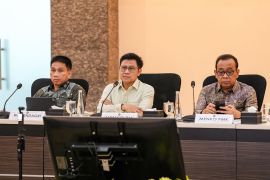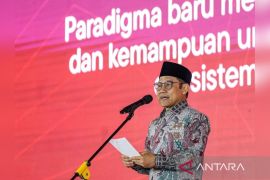"From an early stage, we are asking classes prepared for work abroad to adopt the minimum required language competency standards," he said on Tuesday.
According to Iskandar, this step is taken to improve the competency of prospective migrant workers from an early age.
He cited the example of placement in Japan, where prospective employees must have studied Japanese at the N4 standard.
He considers this standard to be the basic competency requirement for working in Japan.
"It must be adopted immediately; there's no need to use a different curriculum. The upstream part must be prepared from the start," he emphasized.
In addition, the government will also facilitate training through the Ministry of Protection of Indonesian Migrant Workers (P2MI).
This facilitation includes improving language skills, strengthening work skills, and meeting the competency standards required by the destination country.
The program will begin in late 2025, with a budget of Rp15 trillion (US$871.5 million) to Rp25 trillion (US$1.4 billion) allocated for 2026.
Regarding priority majors, Iskandar stated that adjustments will be tailored to meet the needs of the overseas job market. Currently, the most in-demand fields include welding, hospitality, and caregivers.
"There will also be demand in the construction sector," the minister added.
He explained that this program targets not only vocational high school students but also high school students. The registration mechanism is being prepared through a special scheme at the P2MI Ministry.
Iskandar also confirmed no specific restrictions for participants, including unemployed vocational high school graduates.
He explained that the training duration varies depending on the field. Hospitality training generally lasts two to four months, while welder training can last up to four months.
Meanwhile, the P2MI Minister, Mukhtarudin, conveyed that the demand for vacancies abroad has reached 352,000, but Indonesia has only met around 19 percent of the need.
"Right now, there are 352,000 vacancies abroad. We've only filled 20 percent of the vacancies we can fill. There are still approximately 80 percent vacancies for us," he said.
He pointed out that while many jobs are available abroad, Indonesian human resource development lags behind. Therefore, the SMK Go Global program is being prepared to meet global demand.
Related news: Gov't preparing empowerment program for migrant workers
Related news: Indonesian govt calls migrant workers "heroes of foreign exchange"
Related news: KP2MI launches pocket book for financial education for migrant workers
Translator: Resinta Sulistiyandari
Editor: Azis Kurmala
Copyright © ANTARA 2025
